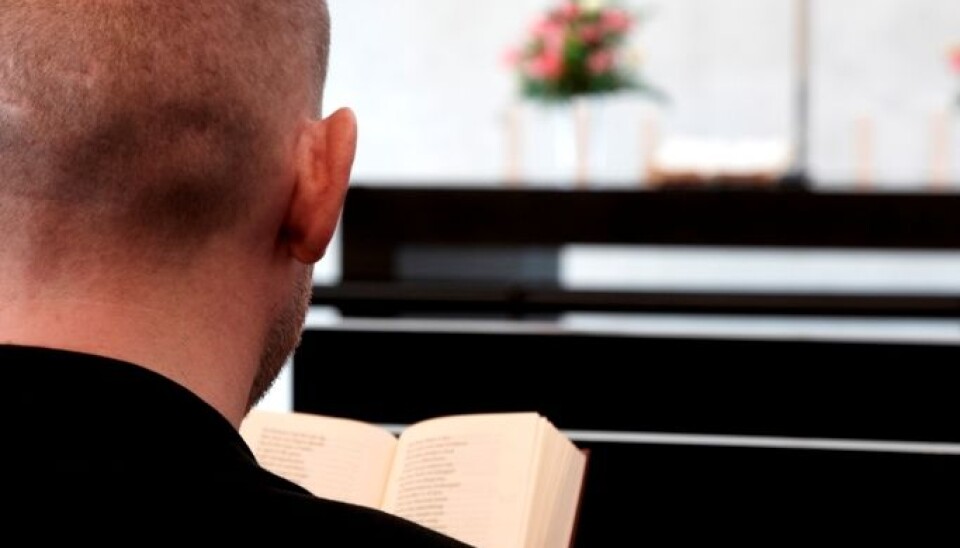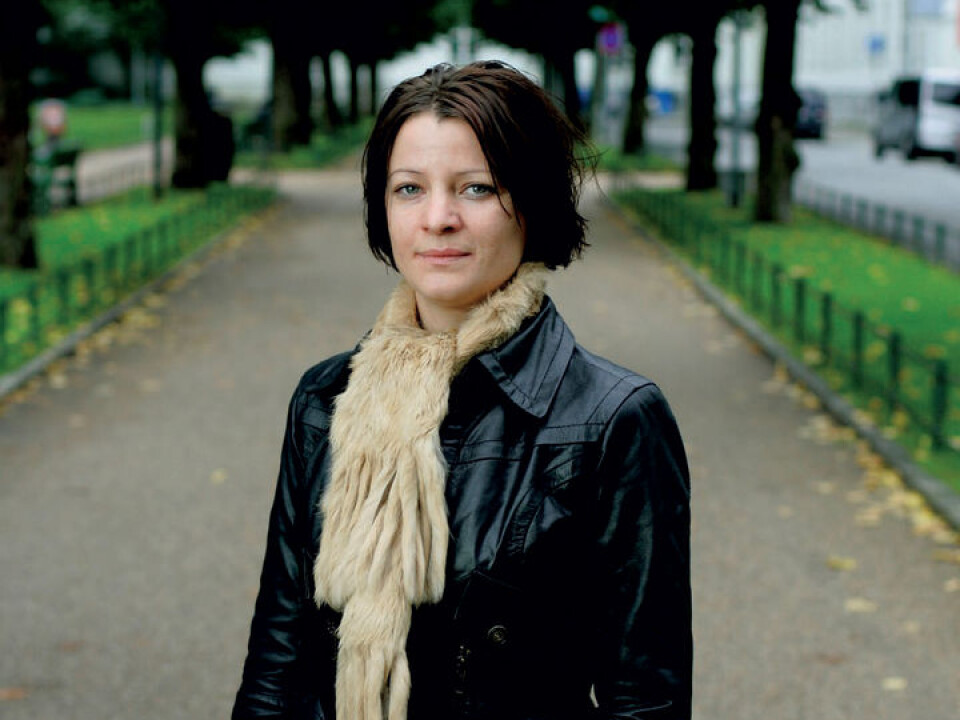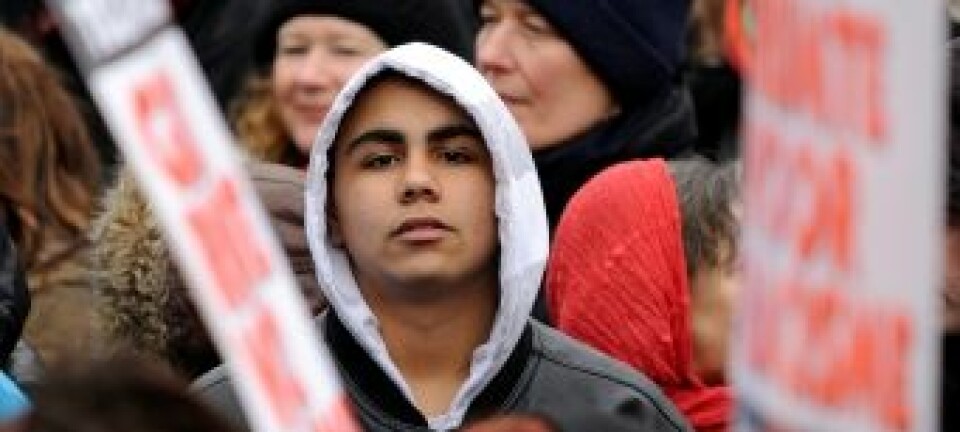
Faith in a new country
Are faith communities helping immigrants to integrate, or isolating them from their fellow countrymen? It can cut both ways, according to new research.
Denne artikkelen er over ti år gammel og kan inneholde utdatert informasjon.
Forging a new life in a new country is a massive challenge. A faith community can provide immigrants with a stepping stone into society – but whether it actually turns out to be a help or a hindrance for integration depends on a range of factors.
Type of faith, organisation structure and how fervent beliefs are all play a part, according to a report from the Centre for Research on Civil Society and Voluntary Sector.
"Faith communities' function as a social facilitator is less prominent in Norway and other Nordic countries, compared to for instance the United States," says project leader Jill Loga.
Nordic countries are firmly secular societies, and religious activity does not provide any significant common ground for migrants and the majority population.

"It's rather other voluntary organisations, in particular child and youth-centred activities in the local community, that provide arenas for children and parents to meet," Loga points out.
Losing out on networks
Catholic communities are an example of groups that function as both ethnically and culturally diverse. They are often important meeting places for newly arrived immigrants - both in terms of social interaction, translation support and information about the host country.
"But although socialising in this type of group may be important for individuals, it could mean losing out on other arenas where the majority population form their networks," says Loga.
In a secular society a religious lifestyle can be viewed with scepticism and can in turn lead to marginalisation.
"If religious gatherings constitute the immigrant's only social arena, the result can be social inhibition and exclusion."
No general integration effect
With so much variety between faith communities, a general integration effect is difficult to find. Some faith communities can indeed boost integration by bridging the gap between the home country and the host country.
Loga explains that there often isn't much difference between a faith community and an ethnic minority association, in cases where the religious aspect is downplayed in the host country.
The religious part can even become secondary for an immigrant with few or no other social networks - where the community mainly meets social and practical needs.
In other cases the religious element can become strengthened in the host country, possibly connected to a lack of integration and being marginalised.
"The particular functions a faith-based community provides for immigrants need to be seen in the context of the religion's position in the host country," says Loga.

































